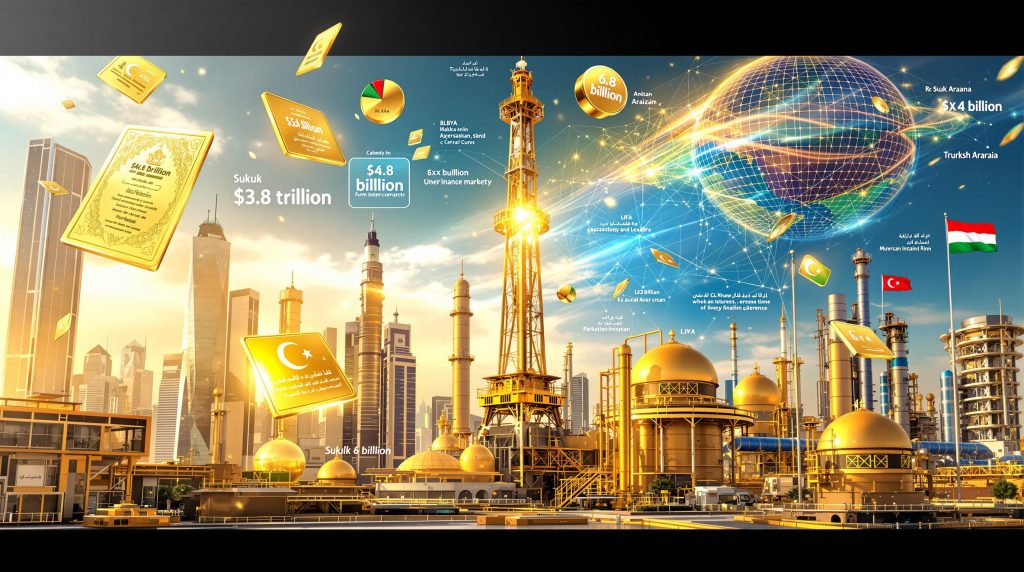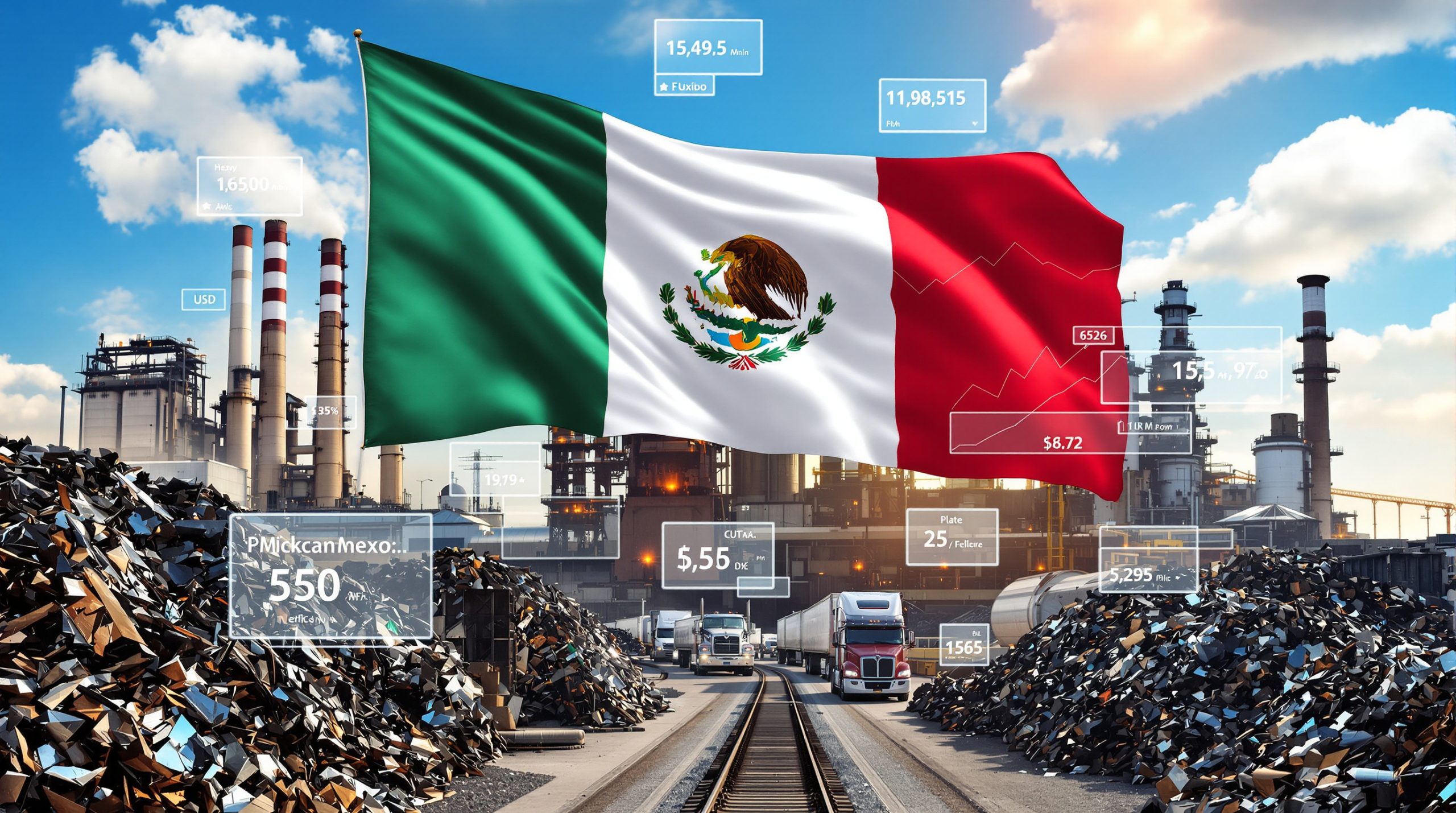Understanding Sharia-Compliant Capital Markets
The global energy sector is witnessing a fundamental shift in how major oil and gas companies approach capital financing. Traditional debt markets, while still dominant, are increasingly being complemented by Islamic debt offering for oil and gas expansion instruments that operate under entirely different principles. This transformation represents more than just financial innovation; it reflects a strategic realignment toward capital sources that embed risk-sharing mechanisms directly into their structure.
Islamic finance distinguishes itself from conventional financing through its prohibition of interest-based transactions (riba) and requirement for asset-backed structures. In energy contexts, this means sukuk instruments must be tied to tangible assets such as production facilities, proven reserves, or specific development projects. Unlike conventional bonds where investors receive predetermined interest payments regardless of project performance, sukuk investors participate in actual profit and loss sharing based on underlying asset performance.
The risk-sharing mechanism inherent in Islamic finance creates a fundamentally different dynamic between energy companies and their capital providers. Through structures like mudarabah partnerships, investors provide capital while operators manage projects, with profits shared according to agreed ratios. Musharaka arrangements involve both parties contributing capital and management expertise, creating joint exposure to both operational success and commodity price volatility.
These structural differences have attracted energy companies seeking to diversify their funding sources beyond traditional Western capital markets. The global Islamic finance market, estimated at approximately $3.8 trillion across banking, sukuk, insurance, and investment funds, represents a substantial pool of capital that has historically been underutilised by international energy companies.
Strategic Drivers Behind State Energy Company Adoption
State-owned energy companies are increasingly turning to Islamic debt instruments as part of comprehensive capital allocation strategies that extend beyond pure financial considerations. This shift reflects several converging factors that make sukuk particularly attractive for energy sector applications.
Geographic diversification of funding sources has become a critical priority for energy companies operating across multiple jurisdictions. Companies with operations spanning regions like the Middle East, Central Asia, and North Africa find Islamic finance provides access to regional capital markets that may offer more favourable terms than international bond markets.
The case of Turkey's state energy company TPAO illustrates this strategic approach. The company plans to issue up to $4 billion in five-year sukuk to fund expansion of its domestic and international operations. According to Energy Minister Alparslan Bayraktar's announcement, this Islamic debt offering for oil and gas expansion will support increased production at the Sakarya gas field in the Black Sea, targeting expansion from current levels of 9.5 MMcm/d to 45 MMcm/d by 2028.
TPAO's international portfolio demonstrates the scale of operations that require diversified financing approaches. The company produced 39.4 MMboe from international projects in 2024, complementing domestic output of 33.7 MMbbl of oil and 2.2 Bcm of gas. With operations spanning Libya, Oman, Pakistan, Azerbaijan, Iraq, and Russia, the company reported profits of 15.4 billion Turkish liras (approximately $390 million) in 2024.
Political and regulatory advantages also influence the adoption of Islamic finance by state energy companies. Operating in Muslim-majority jurisdictions often benefits from regulatory alignment and reduced compliance complexity when using Sharia-compliant financing structures. Furthermore, this regulatory harmony can translate into operational efficiencies and enhanced government relations in key energy-producing regions.
Market Conditions Favoring Energy Sector Sukuk
Current market dynamics have created particularly favourable conditions for energy companies considering Islamic debt offering for oil and gas expansion projects. Several factors are converging to make sukuk issuance attractive relative to conventional financing alternatives.
Declining borrowing costs in emerging markets have improved the relative attractiveness of sukuk issuance. Turkey's improving sovereign risk profile, driven by political stabilisation and commitment to orthodox economic policies, has reduced the country's borrowing costs and enhanced investor appetite for Turkish energy assets. However, these improvements coincide with broader economic and tariff pressures affecting global markets.
Regional banking sector expansion, particularly from Gulf financial institutions, has increased the available capital for energy sector Islamic finance. This expansion reflects both the growing sophistication of Islamic finance infrastructure and increasing investor appetite for energy exposure through Sharia-compliant instruments.
The timing of major sukuk issuances also reflects strategic consideration of commodity price cycles and energy transition dynamics. Companies are using favourable market conditions to raise capital for projects that position them for long-term energy demand. In addition, these timing considerations benefit from insights into oil price rally insights and related market movements.
TPAO's roadshow activities in London, Abu Dhabi, and Dubai demonstrate the international scope of investor interest in energy sector sukuk. By targeting both European and GCC-based Islamic finance institutions, energy companies can access diverse capital sources with varying risk appetites and investment horizons.
Structural Innovation in Energy Islamic Finance
Energy companies are developing increasingly sophisticated structures to optimise their Islamic finance programmes. These innovations address both Sharia compliance requirements and the specific operational characteristics of oil and gas projects.
Special purpose vehicle creation has become standard practice for energy sector sukuk management. TPAO established TPAO Varlik Kiralama (Asset Leasing) as a dedicated subsidiary to handle its sukuk issuance, providing asset isolation and enhanced investor protection while maintaining operational flexibility for the parent company.
Maturity structuring reflects the cash flow characteristics of underlying energy assets. Five-year terms, as selected by TPAO, align with energy project development timelines while providing sufficient duration for production optimisation and reserve development. This maturity choice balances investor preferences for medium-term exposure with the operational realities of energy asset development.
Asset-backing requirements necessitate careful selection of underlying projects and reserves. Energy companies must provide transparent documentation of reserve bases, production profiles, and development plans to satisfy both Sharia compliance standards and investor due diligence requirements. For instance, projects similar to Saudi exploration licenses demonstrate the types of asset backing that enhance sukuk attractiveness.
Risk Assessment Frameworks
Contemporary Islamic finance structures incorporate sophisticated risk assessment methodologies that account for both traditional energy sector risks and Sharia compliance requirements. These frameworks evaluate geological uncertainty, regulatory changes, and commodity price volatility through Islamic finance principles.
Production Targets and Capital Requirements
The scale of capital raises through Islamic finance reflects ambitious production expansion targets that require substantial infrastructure investment and technological deployment.
TPAO's production expansion plans illustrate the capital-intensive nature of modern energy development. The company's target of increasing Sakarya field production to 45 MMcm/d by 2028 represents a nearly five-fold increase from current output levels, requiring significant investment in subsea infrastructure, processing facilities, and transportation systems.
Unconventional resource development adds another dimension to capital requirements. TPAO's partnerships with Continental Resources and TransAtlantic Petroleum for southeast Turkey projects reflect the technical complexity and capital intensity of modern hydrocarbon development, particularly in challenging geological environments.
International portfolio expansion further amplifies capital needs. With existing operations across six countries and exploration activities in additional jurisdictions, energy companies require flexible financing structures that can accommodate multi-jurisdictional regulatory requirements and currency exposures. Consequently, these requirements must consider global market trends affecting natural gas price forecasts.
Risk Management Through Islamic Finance Structures
Islamic finance offers unique risk management characteristics that are particularly relevant for energy companies operating in volatile commodity markets and politically sensitive regions.
Currency hedging opportunities arise naturally from the geographic distribution of Islamic finance investors. Energy companies can access capital denominated in various currencies, potentially reducing exposure to foreign exchange volatility that affects international operations.
Commodity price exposure sharing is embedded in profit-sharing structures, creating natural hedging mechanisms. Unlike conventional debt where companies must service fixed obligations regardless of commodity prices, Islamic finance structures can incorporate revenue-sharing elements that adjust returns based on actual project performance.
Political risk mitigation occurs through alignment with regional financial institutions and regulatory frameworks. Companies operating in geopolitically sensitive regions may find Islamic finance provides enhanced stakeholder alignment and reduced political risk compared to purely Western financing sources.
Operational Flexibility Benefits
Islamic debt offering for oil and gas expansion structures provide operational flexibility advantages that conventional financing may not offer. These include adaptive repayment schedules aligned with production ramp-up timelines and profit-sharing arrangements that naturally adjust to market conditions.
Regulatory Framework Evolution
The regulatory environment for Islamic finance in energy sectors continues to evolve, creating both opportunities and compliance requirements for market participants.
Cross-border regulatory harmonisation efforts are improving the feasibility of international sukuk issuance. Standardisation of Sharia compliance standards and recognition of Islamic finance instruments across multiple jurisdictions reduces transaction costs and regulatory complexity.
Central bank policies in key energy-producing countries increasingly accommodate Islamic finance structures, recognising their importance for capital market development and economic diversification objectives. Recent developments in sukuk markets highlight the growing institutional support for these instruments.
International regulatory bodies are developing frameworks that recognise Islamic finance alongside conventional instruments, facilitating integration into global capital markets while maintaining Sharia compliance standards.
Future Implications for Energy Finance
The integration of Islamic finance into mainstream energy capital markets represents a significant evolution in how energy companies approach funding and risk management.
Market integration trends suggest Islamic finance will become a standard component of diversified funding strategies rather than a specialised alternative. Energy companies are likely to develop sophisticated treasury functions that optimise between conventional and Islamic instruments based on market conditions and strategic objectives.
Technological integration opportunities emerge as digital platforms enhance the efficiency of Islamic finance transactions and improve transparency for both issuers and investors. Furthermore, blockchain applications and smart contract technologies may further streamline sukuk administration and compliance monitoring.
The future landscape will likely see increased standardisation of Islamic debt offering for oil and gas expansion structures, making them more accessible to a broader range of energy companies and investors globally.
Disclaimer: This analysis includes forward-looking projections and market assessments that involve inherent uncertainties. Energy sector investments carry risks related to commodity price volatility, regulatory changes, and geopolitical factors. Readers should conduct independent research and consult qualified financial advisors before making investment decisions.
Ready to Capitalise on Energy Sector Investment Opportunities?
Discovery Alert's proprietary Discovery IQ model delivers real-time alerts on significant ASX mineral discoveries, instantly empowering subscribers to identify actionable opportunities ahead of the broader market. Begin your 30-day free trial today and secure your market-leading advantage in the rapidly evolving resources sector.




